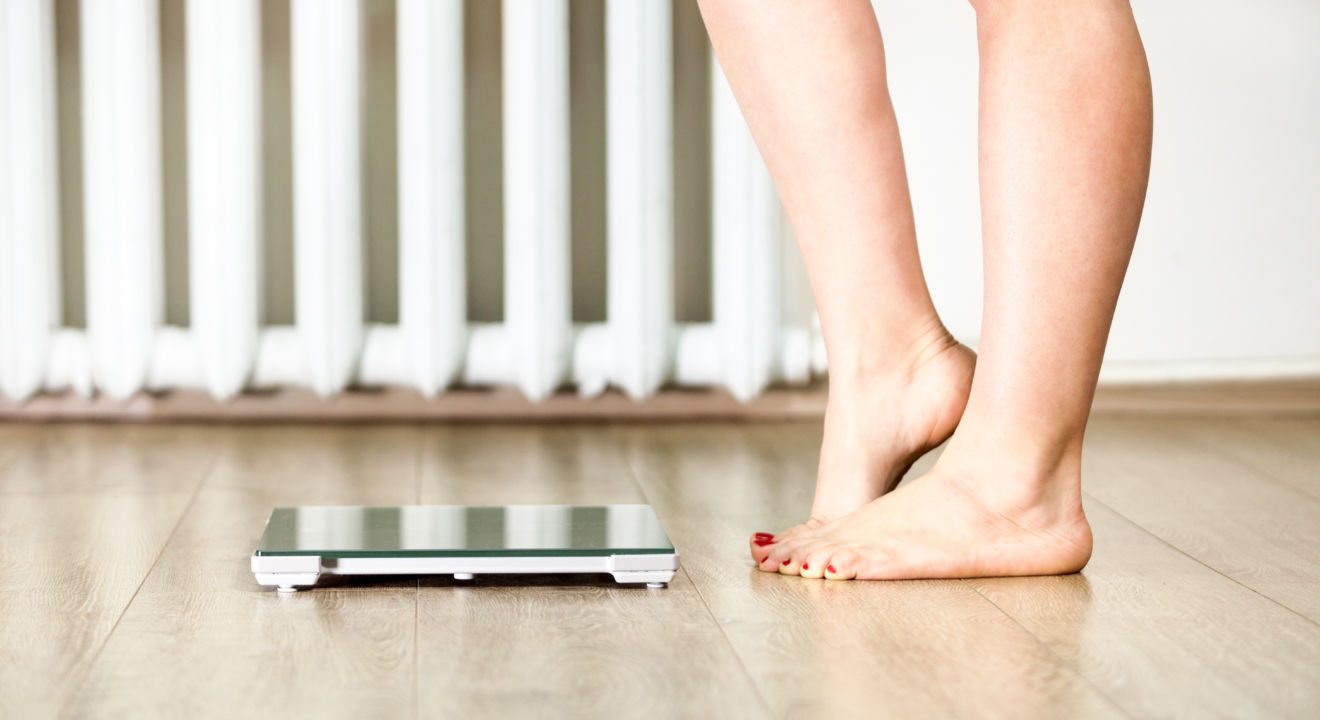Relationships October 24, 2016


You stand in line at the grocery store, absently glancing at the magazines perched a few inches away. Immediately, the usual titles catch your eye: “Lose 10 Pounds in 10 Days!” “The Secret Behind Oprah’s New Diet!” “How to Look Thinner in 30 Days!” By the time it’s your turn to pay, you tentatively ask the grocer to set the pint of Ben and Jerry’s to the side. Like most women in today’s culture, you’re worried about gaining weight and experience the constant struggle to lose those pounds.
I am, however, part of the two percent of underweight Americans, according to the National Center for Health Statistics. In particular, I am a woman who wants to gain weight in a society obsessed with losing it.
I’ll begin by acknowledging that, in my ways, I am what many people would consider “blessed.” I’ve never had schoolyard bullies dub me with inventive nicknames that rhyme with “fat.” I’ve never had doctors counsel me on the dangers of obesity or felt like the number I saw on my scale prohibited crop-tops from my wardrobe. What many people don’t realize, however, is that wanting to gain weight can feel as frustrating as wanting to lose it.
Even I didn’t understand this frustration until my freshman year of college. Two months before, I’d lost 15 pounds thanks to complications from celiac disease, an autoimmune condition in which ingesting gluten damages one’s intestines. Suddenly, I transformed from a slim but healthy soccer player to a college freshman weighing less than 90 pounds at 5’3.” And no one could resist talking with me about it.
Like the time I was cooking dinner in my dorm kitchen and the janitor asked in broken English, “You skinny because of food? Or … genes?” Or when, after a boy and I started dating, my roommate bet him that he weighed at least twice as me. He lost that bet. No comment stands out clearer in my mind, though, than one from my first week at college. I had joined several girls for dinner at the cafeteria and stared as they devoured gluten-filled pizza while I ate my salad. Suddenly, one of them – a gorgeous blonde – turned to me and said, “I wish I had celiac disease so I could be skinny like you.”
I laughed it off at the time, remarking, “I’d trade you ten pounds for that slice of pizza.” But just as girls like Carly from Seventeen Magazine don’t forget being called “fat,” I couldn’t forget the moment I realized women would trade their health for my weight.
Because the fact is, despite body acceptance movements like Dove’s “Real Beauty” Campaign, today’s society still praises women who lose weight more than women gaining it. As Emma Woolf writes in The Guardian, people are often quick to attack fat-shamers, but skinny shaming rarely raises any eyebrows. Is it fair that while my friends can bond over diet routines, I tried (and failed) to stomach protein shakes alone? Is it fair that, as Thought Catalog points out, a curvy woman can “shake it like she’s supposed to do” to anthems like “All About That Bass” while I’m told to eat a sandwich?
My point isn’t to earn pity or to simply raise awareness of the struggles underweight women can face. Instead, I want to encourage us to make gaining weight in today’s society not feel like a losing battle. Instead of weight, why don’t we focus on health? Instead of magazines on the best celebrity diets, what about articles on what Jennifer Lawrence eats to dominate the Hunger Games? Instead of skinny or fat, what about happy or striving to be healthy?
Whether you want to lose or to gain, changing your weight is hard enough. We don’t need society making it an even steeper uphill battle.